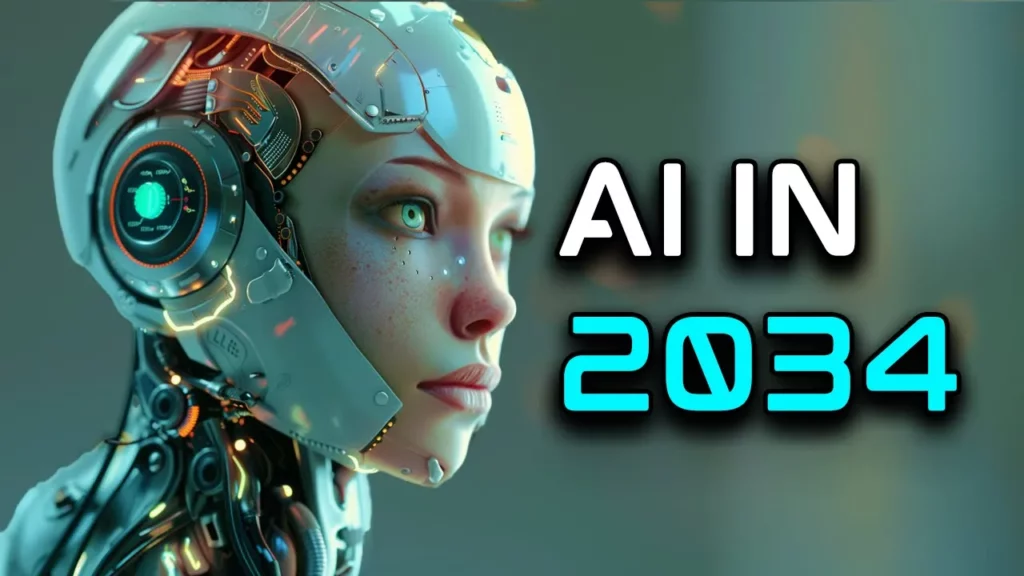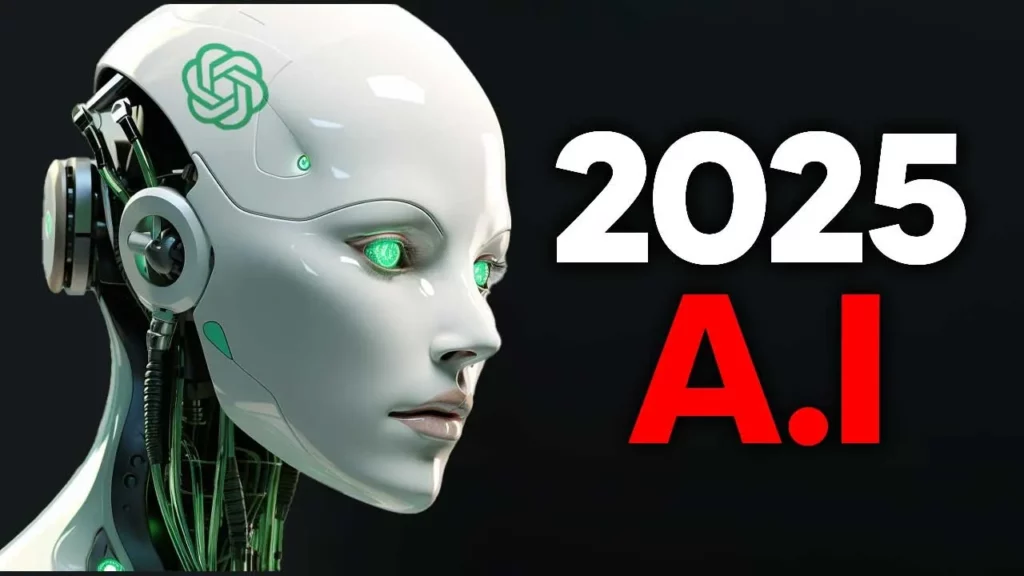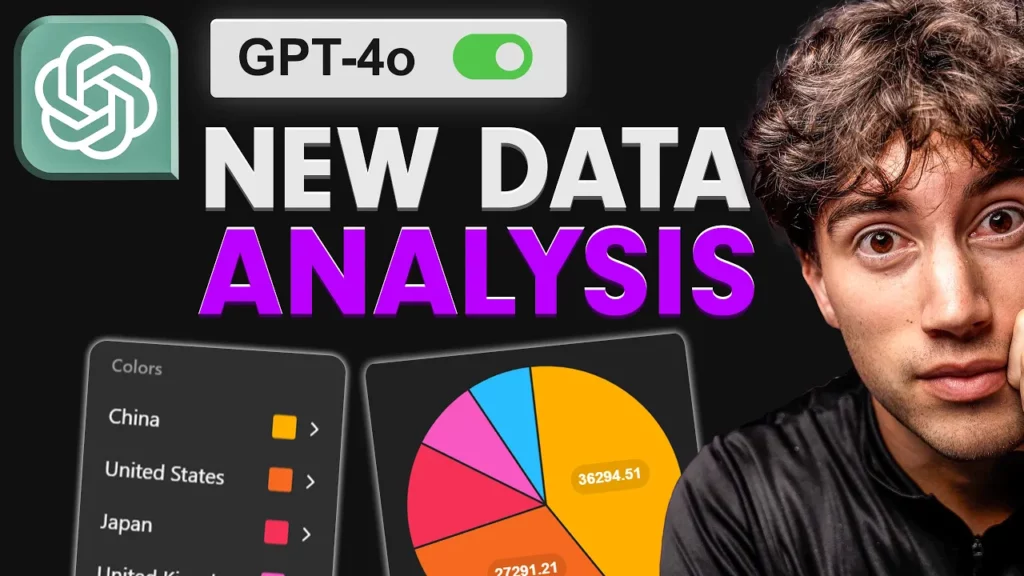Artificial general intelligence (AGI) represents a new horizon in the field of artificial intelligence, enticing researchers and futurists alike with the promise of machines that can perform cognitive tasks at or beyond human levels. While AGI remains a theoretical concept, today’s advancements in AI signal a potential imminent arrival. This article explores eight transformative use cases for AGI, theorizing how it could revolutionize various sectors and improve daily life.
1. Customer Service Revolution: Imagine a customer service representative powered by AGI, who can analyze vast data sets to provide highly personalized interactions. This AI could remember past interactions, leverage mood understanding, and tailor responses accurately, exceeding the capabilities of current automated systems.
2. Revolutionizing Coding: AGI in coding could interpret complex codebases deeply, suggesting improvements and generating new code per user specifications, streamlining software development processes significantly.
3. Smart Autonomous Vehicles: Unlike today’s limited autonomous systems, AGI would allow vehicles to understand rather than just perceive environments, enabling them to make critical decisions and adapt in real-time.
4. Optimizing Healthcare: In medicine, AGI could sift through massive datasets to uncover hidden patterns in patient data, offering tailored treatment plans leading to fewer side effects and more effective medications.
5. Personalized Learning: Education could transform through AGI as personalized tutoring systems adapt to individual learning rates, ensuring no student is left behind and addressing knowledge gaps dynamically.
6. Advanced Manufacturing: The integration of AGI could lead to smarter production lines that optimize processes and predict failures before they disrupt manufacturing efficiency.
7. Intelligent Financial Analysis: The financial sector may see significant shifts as AGI analyzes data for hidden market trends, aiding in more informed decision-making and potentially outperforming human analysts.
8. Accelerating Scientific Innovation: Lastly, AGI could revolutionize research and development by formulating new hypotheses and experimenting at unprecedented scales, fostering rapid scientific advancements.
In conclusion, while the realization of AGI may still be a work in progress, the ways it could enhance multiple facets of our lives are promising. As researchers work towards this ambitious goal, it is crucial to prepare for the significant shifts AGI will bring to everyday life and industry.












